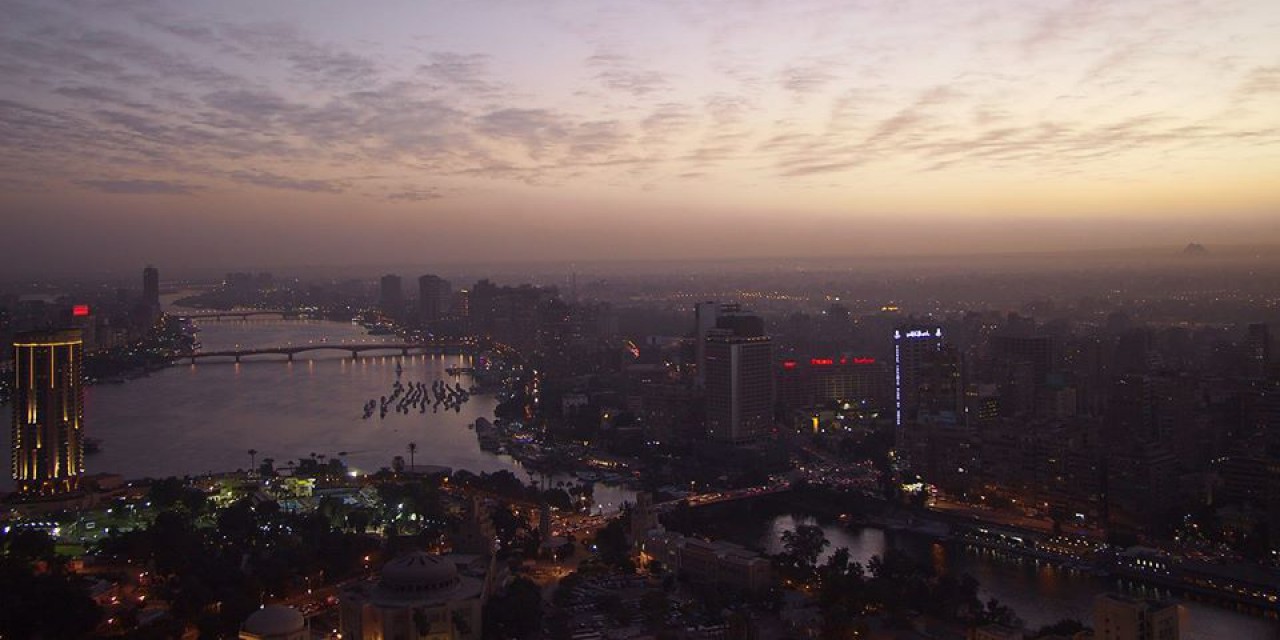‘In a sure-fire move that can be expected to usher in Egypt as a full member of the BRICS grouping, Cairo has taken an equity position within the New Development Bank (NDB).‘
On January 23, 2023, the House of Representatives approved the President of the Arab Republic of Egypt’s decision No. 628 of 2022 regarding an agreement that allows Egypt to officially join the New Development Bank (NDB) to be set up by the BRICS economic group. According to Mohamed Abdel-Hamid, vice chairman of the economic committee of the Egyptian parliament, Egypt gains from joining the BRICS and its development bank.
The NDB previously received an ‘AA+’ international credit rating from Fitch Ratings and S&P Global Ratings, allowing it to effectively attract long-term funding on international and local capital markets.
Intra-BRICS trade reached US$162 billion in 2022, attracting the attention of multiple other countries, if accepted, the new proposed BRICS members would create an entity with a GDP 30% larger than the United States, over 50% of the global population and in control of 60% of global gas reserves.
The US and the EU leverage their economic might to put their foreign policy objectives through. Sanctions are being imposed on nations that don’t share those objectives. The EU as well as the USA thus have major influence over other economies, and this is not least due to the dominance of the dollar’s position in the global economy. The euro ranks second.
To lessen their reliance on the US dollar and the Euro, the BRICS countries have already shifted to using their own local currencies. A shared payment network is one of the financial infrastructure projects being undertaken by BRICS. In this context, Egypt’s accession to the BRICS group only strengthens what economists label the ‘dedollarization drive’.
Remember, to name an example, that as of January this year, Russia’s central bank has added among nine other currencies the Egyptian Pound to its list of exchange rates.
Russia and Egypt have been conducting trade dealings in both of their local currencies since September last year. This was due to the Western sanctions put on Russia after the outbreak of the Russian-Ukrainian war in February, leading both Egypt and Russia to resort to using the pound or the ruble in trade exchange.
Russia is an important trade partner for Egypt, because i.e. imports of wheat and oils from Moscow of high quality are available at reasonable prices.
Egypt accessing the BRICS group and dealing in the BRICS currency will contribute significantly to reducing the demand for the US dollar, especially since the US is not Egypt’s largest trading partner.
Egypt as an additional member to NDB is an excellent strategic move for both sides. – Not only will it give strength to BRICS trading, regarding the country’s size, but it also will help Egypt to strengthening trade exchange agreements with the BRICS countries and help to reduce an overly high demand of US dollars to supply the country’s imports.
Additionally, offering a series of technological projects to the BRICS countries through the NDB is expected to stimulate Egypt’s exports. Russia, for example, already has a manufacturing Free Trade Zone in Port Said, near the Suez Canal, as does China.
Foreign direct investment and the value of bilateral trade between the BRIC countries and African countries are growing.
South Africa currently heads the BRICS countries and will host the next summit in August. Plans are to advance the interests of Africa and partnership with key players. Egypt and South Africa are members of the African Continental Free Trade Agreement (AfCFTA), the world’s largest free trade area bringing together 55 countries of the African Union (AU) and eight (8) Regional Economic Communities (RECs) to create a single market for the continent, inhabited by 1.3 billion people representing a 3.4 trillion Dollar market. And Egypt will use the upcoming summit to her advantage.
During South Africa’s BRICS Presidency, Cairo is placing its new membership in the BRICS under more consideration by using the “BRICS and Africa” program, together with the presence of BRICS in AfCFTA and especially in the development of infrastructure, and sustainable development.
As much as first, the Covid19 issue and now the proxy-war in the Ukraine interrupted and impacts the gearbox of the global economy, as much it has done a big service to reconsider alliances and partnerships.
However, it is leaving its marks on Egypt’s economy. The Egyptian Pound underwent a 50 percent devaluation, leading to stark increases of prices for as well basic consumer goods and energy, associated with great renunciation especially of that stratum of society less favored by financial resources. Naturally, successfully established industrial projects are often being perceived as irrelevant, unless it comes with individual advantage, likewise are infrastructure projects being dismissed as superfluous. And the perennial favorite for critics, the New Capital, provides plenty of talking points, partly because of a lack imagination. (Yes, property there is expensive, yet there are people who are buying and it takes time.)
The World Bank has also revised down last week its forecasts for Egypt’s real GDP growth in the current FY2022/2023, which runs through the end of June, and FY2023/2024 to four percent in each of these two fiscal years, down from 4.5 percent it projected in December of 2022.
BRICS is all about allowing the “voices of the marginalized to actually be heard” President of SE, Cyril Ramaphosa.
While BRICS countries account for 25 percent of the global economy, 18 percent of global trade, and over 50 percent of global growth, the voting right of BRICS countries in both the World Bank and the International Monetary Fund is only less than 15 percent.
South Africa’s gradual plan for Egypt to fully join BRICS (in August 2023) should be put through.
One could think of Egypt becoming a full member of the BRICS states has become a matter of wishful thinking owed to the obstacles in a world that feels less certain.
Opportunities will arise.

